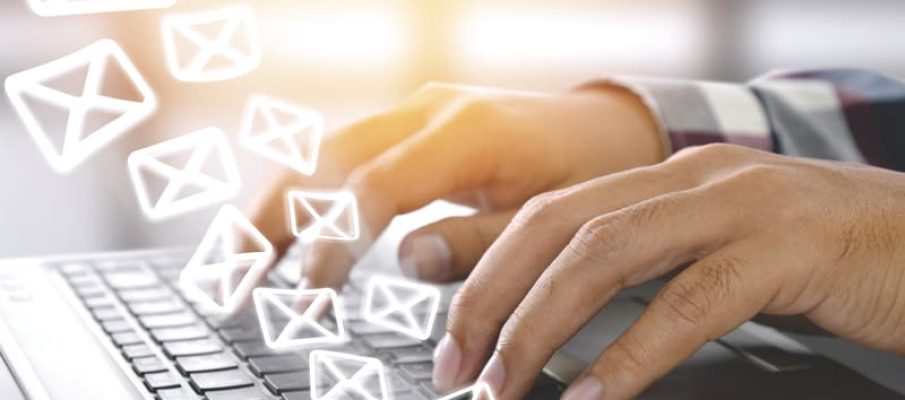You probably send a lot of emails over the course of your workday. And you probably have a standard “closer” – the word or phrase that you include at the end of the email, right before your name. It might be something like “best” or “thanks” or “sincerely.”
My standard closer is “thanks” or “thanks very much.” It just seems friendly and polite to me. To be honest, I’ve never really given it much thought. But according to author Monica Torres, I should give it some thought. Apparently, email closers have more of an impact than one might think (and “thanks” might actually have negative connotations).
Here’s a list of common work email closers, and Torres’s assessment of each:
- Best – This is always a safe bet. If you’re not sure how to end your email, go with “Best” or “Best wishes.” It’s kind of bland, but it’s also pleasant and professional. You definitely won’t offend anyone with this closer. It’s an especially good choice if you’re emailing someone you don’t know.
- Sincerely – This is very formal. It’s a good choice if you’re applying for a job. But it can be a little off-putting if you’re emailing someone you know, like a coworker. And if you’ve always used more informal closers with someone (like “Best”) and then you suddenly switch to “Sincerely,” this could send a very negative message. The person might wonder why you’re suddenly being so cold, and what he or she might have done to anger you. So in the right situation, “Sincerely” can be perfectly appropriate, but use it with caution.
- Thanks – If you really need to get a response to your email, end it with “Thanks” or “Thanks very much.” One study found that people are more likely to respond to emails that end with this closer. But be careful! If you ask someone for a favor, and then end your email with “Thanks” or “Thanks in advance,” you run the risk of coming across as coercive and presumptuous.
- Cheers – Closers like “Cheers” or “Warmly” are great if you’re emailing family or close friends. But they’re generally too informal for work emails. So you should probably save them for your personal emails and choose a different option when you’re corresponding with coworkers.
…
Torres, M. (2019, April 1). This is the best way to end a work email, according to etiquette experts. HuffPost. Retrieved from: https://www.huffpost.com/entry/work-email-closing-thanks-best-sincerely_l_5c9cdfe1e4b07c8866324ebd







